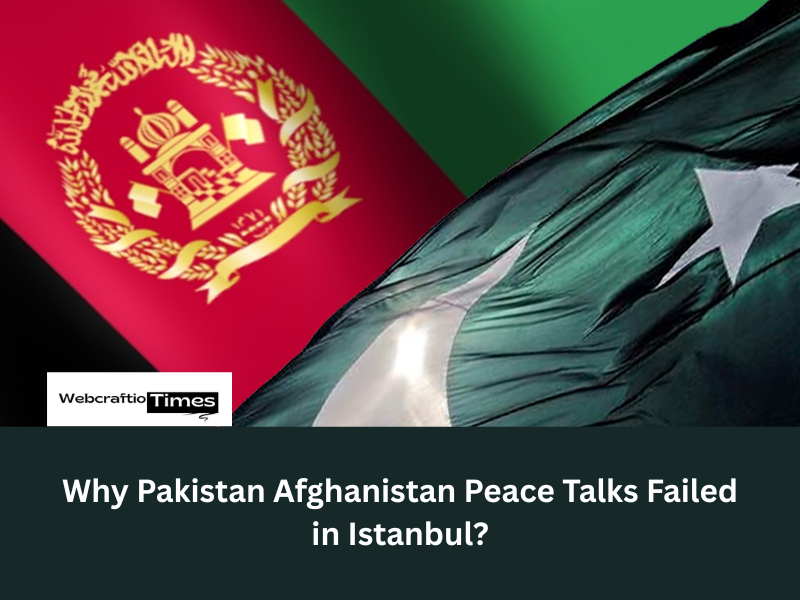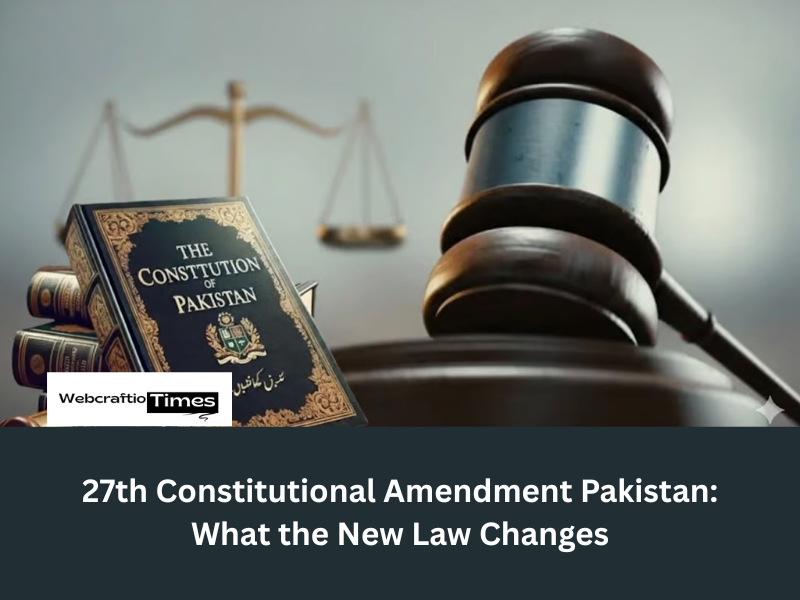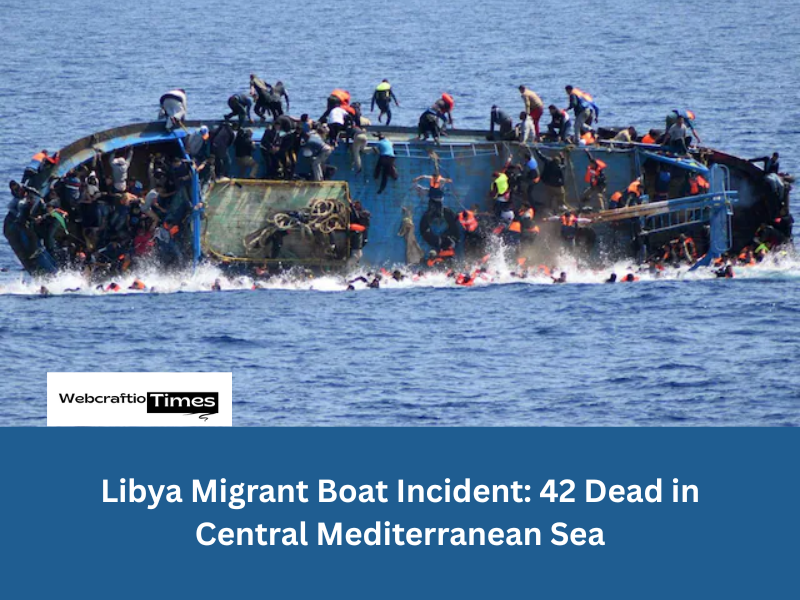The fragile hope for regional stability has shattered. After four days of intensive, mediated negotiations in Istanbul, Turkey, Pakistan’s Information Minister confirmed a sobering reality this week: the Pakistan Afghanistan Peace Talks Failed. This breakdown marks a critical setback in diplomatic efforts to ease escalating tensions between the two neighbors, pushing the region closer to conflict.
The core issue remains a dangerous chasm of distrust over cross-border militancy. Islamabad demanded concrete action against terrorist groups, specifically the Tehrik-e-Taliban Pakistan (TTP). However, Kabul was unwilling to commit to the assurances required by Pakistan, leading to an impasse that mediators could not bridge.
Breakdown of Conversation: The TTP Issue
The recent Istanbul dialogue, brokered by Turkey and Qatar, was intended to solidify a temporary ceasefire reached in Doha following deadly border clashes earlier this month. The key objective for Pakistan was the establishment of a verifiable monitoring mechanism to stop militants from using Afghan soil against Pakistan.
Read More: Modi Skips the ASEAN Summit to Avoid Pakistan Talks with Trump
Pakistan’s position was firm. Islamabad presented what officials described as “clear, evidence-based, and solution-oriented” demands. These proposals centered on Kabul’s responsibility to dismantle the TTP and other anti-Pakistan militant networks. For Pakistan, cross-border terrorism, fueled by groups operating from Afghanistan, constitutes a direct and unacceptable threat to its national security.
Security analysts in Islamabad emphasize that the TTP’s activities have surged dramatically since the Afghan Taliban took power in 2021. This surge is the primary driver of the current crisis.
Unfortunately, the Afghan Taliban delegation met these demands with skepticism. Reports from the negotiation room suggest the Taliban consistently deflected the core issue. They argued that the TTP represents Pakistan’s internal problem, not an Afghan one. This fundamental disagreement, Pakistan demanding action and Afghanistan denying responsibility, created an unresolvable deadlock.
The Afghan delegation reportedly sought continuous guidance from Kabul, complicating and slowing the negotiation process significantly. Ultimately, the lack of an unambiguous commitment from the Afghan side to address Pakistan’s security concerns proved fatal to the talks. The Pakistan Afghanistan Peace Talks Failed because the two nations hold irreconcilably different views on the TTP threat.
Mutual Arguments and the Blaming Each Other
Following the official announcement, both sides immediately began trading accusations. This rhetorical escalation highlights the deep mutual distrust currently defining the bilateral relationship.
Pakistan’s Information Minister, Attaullah Tarar, was explicit in his public statement. He accused the Afghan delegation of “deviating from the core issue.” Tarar stated they were “indifferent to Pakistan’s losses” and resorted to a “blame game, deflection, and ruses.” He stressed that Pakistan had “immensely sacrificed for peace” but warned that Islamabad’s “patience has run its course.” Pakistan’s government made it clear it will “continue to take all possible measures” to protect its citizens from terrorism.
In response, Afghan state media offered a counter-narrative. Reports suggested that Kabul had “made every effort to hold constructive talks.” However, the Afghan side blamed the Pakistani delegation for a “lack of coordination.” They claimed that the Pakistani negotiators were not presenting clear arguments. They also accused them of repeatedly leaving the negotiating table. This mutual finger-pointing confirms that neither party is willing to take responsibility for the diplomatic breakdown. The failure is rooted in conflicting national interests and ideological ties.
The Ideological Connection of TTP Made Complexes Discussion
A key factor making any lasting agreement difficult is the deep ideological connection between the Afghan Taliban and the TTP. The two militant groups share history, ideology, and personnel. Many analysts believe the Afghan Taliban simply cannot, or will not, dissociate from their longtime allies.
Security experts note that the Taliban rely on the TTP for various internal security matters within Afghanistan. Forcing the Taliban to abandon the TTP would require them to compromise their core ideological stance. This is a politically and ideologically sensitive move for the regime in Kabul. Furthermore, the TTP’s demands include the release of their imprisoned members in Pakistan. They also oppose the merger of Pakistan’s former tribal areas into the Khyber Pakhtunkhwa province. These internal Pakistani matters complicate Kabul’s willingness to cooperate.
The Afghan side consistently frames the issue as Pakistan’s problem. They maintain they are committed to ensuring no one uses Afghan territory to harm other nations. This contradiction between their words and observed TTP activity is what doomed the negotiations. This is the third time the Pakistan Afghanistan Peace Talks Failed due to this core issue.
Regional Effects and Future Situations
The complete failure of these high-stakes negotiations carries grave regional implications. The immediate fear is the potential for renewed military confrontations along the 2,600-kilometre border. Pakistani Defence Minister Khawaja Asif had warned before the talks’ collapse that failure could lead to “open war.”
Since the talks, new clashes have occurred near the border. Both countries have reported casualties, confirming the volatility of the situation. The border crossings, which were shut for weeks, continue to suffer disruptions. This closure severely impacts bilateral trade, causing economic distress for traders and consumers on both sides. Perishable goods have been left to spoil in stranded trucks.
International mediators, including Turkey and Qatar, are now under pressure to re-engage. Analysts suggest that the dialogue might be shifted to a different venue or that other major powers may step in. The United States has occasionally signaled a willingness to mediate. However, the deep mistrust and fundamentally opposing priorities make a quick fix highly improbable.
The long-term settlement will require more than mediation. It requires a fundamental shift in Kabul’s policy toward militant groups. Until then, the risk of a wider conflict remains substantial. Pakistan remains committed to protecting its territory and people. It seems inevitable that further military or counter-terrorism action will follow the breakdown of diplomacy.
Frequently Asked Questions (FAQs)
1. Where did the recent Pakistan-Afghanistan peace talks take place?
The most recent round of high-level peace talks took place in Istanbul, Turkey, with mediation facilitated by both Turkey and Qatar.
2. What was the main reason the peace talks failed?
The main reason the talks failed was the unresolvable deadlock over the Tehrik-e-Taliban Pakistan (TTP). Pakistan demanded verifiable action against the TTP using Afghan soil, but the Afghan Taliban refused to commit to this, viewing the TTP as Pakistan’s internal issue.
3. What group is at the center of the conflict between Pakistan and Afghanistan?
The militant group at the center of the conflict is the Tehrik-e-Taliban Pakistan (TTP), which Pakistan accuses of sheltering in Afghanistan and launching cross-border attacks.
4. What was the goal of the Istanbul talks?
The primary goal of the Istanbul talks was to secure a lasting and verifiable peace mechanism to stabilize the border and ensure the sustainability of an earlier ceasefire that was brokered in Doha.
5. What is the immediate consequence of the failed peace talks?
The immediate consequence is a deepening of mutual distrust and an increased risk of renewed cross-border military confrontations. The failure also negatively impacts regional trade due to prolonged border closures.
For More Latest News and Updates: Visit Us



